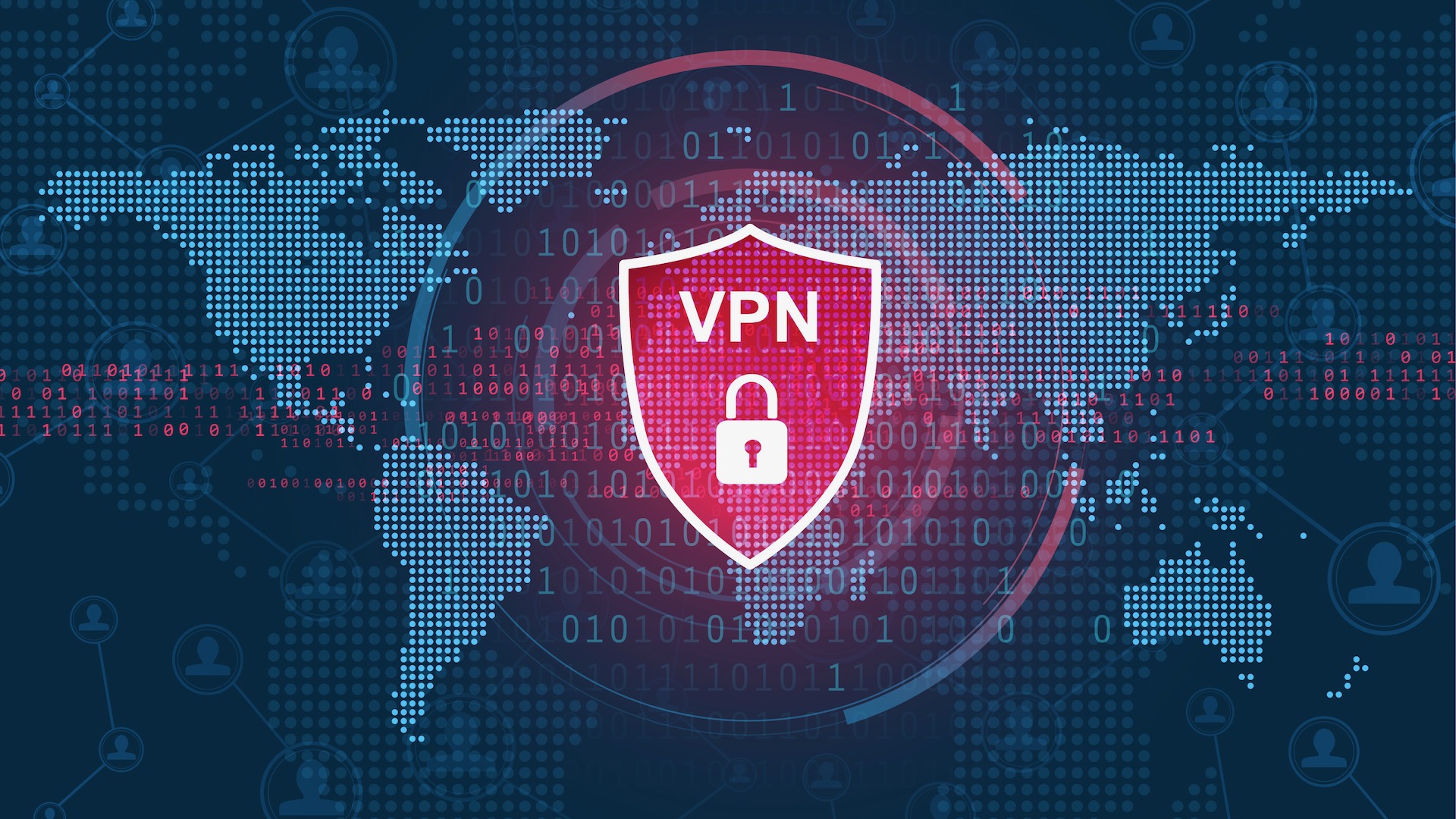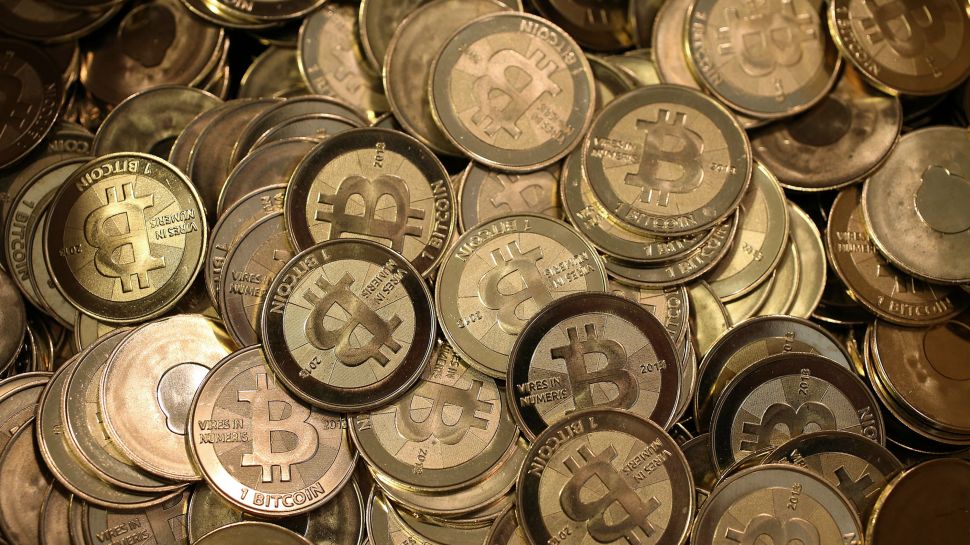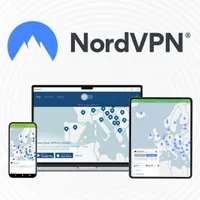Are VPN services legal?
VPNs are outlawed in some places – but where, exactly?

Sign up for breaking news, reviews, opinion, top tech deals, and more.
You are now subscribed
Your newsletter sign-up was successful
VPN demand has never been so high worldwide. The best VPN apps are, in fact, very versatile tools. You can use them to give your digital privacy a boost, unblock geo-restricted streaming content, and even check out sites that have been censored by the government. However, you might wonder if it's actually legal to use a VPN to do any of these things.
It's a good question – especially since VPNs tend to conjure up images of hoodie-wearing hackers tapping away on a laptop in a coffee shop. The truth, however, isn't as exciting. A virtual private network (VPN) works by encrypting all your internet connections to minimize third-party snooping and online tracking. At the same time, it also spoofs your real IP address location to ensure anonymity and grant access to otherwise blocked content.
The latter capability is the main reason why some governments seek to ban or regulate VPN usage, preventing in this way citizens from bypassing the Internet restrictions enforced by authorities. Keep reading as I walk you through everything you need to know.
NordVPN - from $3.39 per month
The best VPN in 2026
NordVPN is our #1 rated service – and the one I recommend to most people. It's incredibly easy to use, even if you're totally new to the tech, and works with pretty much every device you can think of. Plus, servers all over the world mean that NordVPN can help you access geo-restricted content. Think international Netflix libraries, news outlets, and more. NordVPN prices won't break the bank, either, but if you'd rather try before buying, the 30-day money-back guarantee lets you take the VPN for a risk-free test drive in your own time.
Who is banning VPNs?
VPNs actually work so well that the services have caused a handful of countries to take a hard line against its usage, in fact.
In some cases, authorities employ strict VPN censorship methods to prevent citizens from using these services – in 2023, China and Iran were the most active on this front. China, Iran, Russia, and Turkmenistan also top VPN app censoring list by requiring Google and Apple to block these applications in their country's official app stores.
While, in some countries, there are now laws that heavily regulate their use. Russia, for example, passed a law in March to ban the spread of information about circumventing tools (VPN included). While Pakistan is set to enforce a new policy to crack down on "unregistered" VPNs. Iran has recently resurrected a controversial Internet bill, too, which aims at tightening authorities' control over the Internet while putting VPN usage at risk.
At the time of writing, the countries that actively ban or heavily restrict VPN usage include:
- Belarus
- China
- Egypt
- Iraq
- Myanmar
- North Korea
- Oman
- Russia
- Turkey
- Turkmenistan
- United Arab Emirates
- Pakistan
- Iran
As VPN regulations keep changing, we invite you to check digital privacy laws of the country you are in on this point.
However, these exceptions aside, for those of us who live anywhere else, using a VPN is 100% completely legal. And with multiple governments across the globe becoming increasingly interested in tracking online activity, there has been a surge in demand for the security (data encryption) and privacy that a VPN provides.
A VPN is also useful to get around geographic restrictions (geo-blocking), and to avoid censorship, as well as generally promoting the free flow of ideas and information which is effectively the very heartbeat of the internet.
Criminal enterprise
What a VPN shouldn’t be used for is a license to engage in criminal activity, not just from a moral standpoint, but also due to the fact that nobody is completely anonymous when online – even when using a VPN service.
Should you break the law while using a VPN, do not count on the provider maintaining your anonymity, because then the company would effectively become your ‘partner in crime’.
Many VPN providers will declare that they keep ‘no logs’ at all on user activities, but the reality is that the vast majority will keep at least some kind of basic information (albeit very little), as this is often necessary for running aspects of the service like, for example, monitoring how many devices are connected (as VPNs often have limits in this respect).
The type of logs, and time period they are kept for, will vary a great deal from service to service, so it’s always a good idea to find a VPN firm’s privacy policy on the website (you might have to hunt for it), and read it carefully to see the exact details of any data which is logged.
While it isn’t hard to imagine the kind of illegal activities that would cause a VPN to turn over your data to the authorities, the list may include:
- Child pornography
- Fraud
- Illegal downloading and streaming
- Hacking
- Theft
Engaging in any of these activities will (and should) attract the attention of the authorities. Checking the small print of a VPN will inevitably reveal that it will respond to lawful requests for information. In other words, if the company gets a subpeona from law enforcement, it will most certainly comply, as any business must abide by the laws of the country that it’s based in.

Privacy protection
However, it's worth remembering that some VPNs prioritize your privacy and others just don't. You'll want to stick to a no-logs service with a clear privacy policy – one that outlines that no record of a user's browsing history, IP address, or other details is stored. This ensures that there's nothing for the provider to hand over to a third party if pressured with a warrant.
Another strategy VPN providers use to promote anonymity is a shared IP address, meaning that several users all share a single IP address, so nobody can figure out which of the users went where online. Finally, when it comes to paying for these VPN services, while a credit card is convenient, it is hardly anonymous, so some services accept cryptocurrency (like Bitcoin) as payment—which gives you a far better level of anonymity.
Overall, with the exception of the handful of countries listed above, VPNs are totally legal. They are a useful tool that allows citizens to keep their online activity private, for students to connect to schools or university campuses online, and for businesses to maintain secure access to online services for remote-working staff members.
So, in short, VPNs are massively useful tools that'll help keep your data private and make the internet more secure – by keeping your identifiable information out of the hands of snooping third parties like your ISP and government.
We test and review VPN services in the context of legal recreational uses. For example: 1. Accessing a service from another country (subject to the terms and conditions of that service). 2. Protecting your online security and strengthening your online privacy when abroad. We do not support or condone the illegal or malicious use of VPN services. Consuming pirated content that is paid-for is neither endorsed nor approved by Future Publishing.
Sign up for breaking news, reviews, opinion, top tech deals, and more.
Jonas P. DeMuro is a freelance reviewer covering wireless networking hardware.
- Chiara CastroNews Editor (Tech Software)
